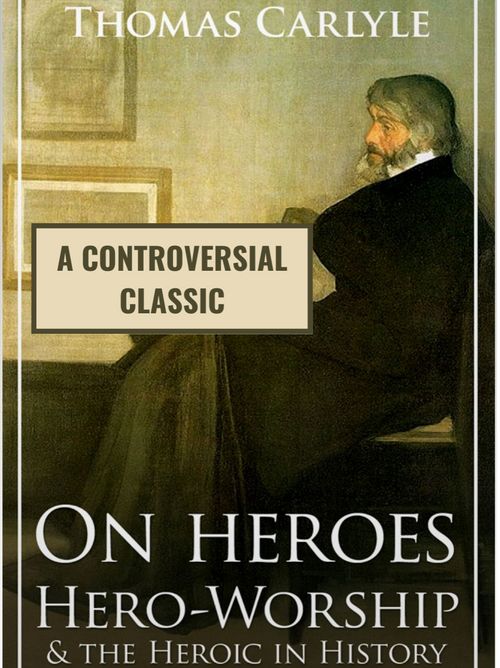How humans are built to worship heroes
Dec 05, 2021 · 2 mins read
0
Share
Introduction. Thomas Carlyle was a Scottish historian and philosopher. He is best remembered for his controversial classic On Heroes, Hero-Worship, and The Heroic in History. Carlyle brilliantly analyses history, religion, and politics through the lens of heroes👇
Save
Share
Paganism. Carlyle argues that paganism comes from hero-worship. The "perplexed jungle" of Paganism arises from the human tendency to admire and worship other humans as well as forces of nature.
Save
Share
Hero worship is super innate. Carlyle writes that even if all "traditions, arrangements, creeds, societies" disappeared, hero worship will remain. Hero worship is not a constructed practice, it's a deep instinct. People need heroes as they need a north star on a stormy night.
Save
Share
Carlyle writes that the noblest human feeling is "admiration for one higher than himself." To find an idol is to find an ideal. From our heroes, we reverse-engineer the principles and practices we want to live by.
Save
Share
The great man theory of history. Carlyle is best remembered for this line: "The history of the world is but the biography of great men." Carlyle believed that history was made not by cultural or technological factors, but by superior individuals.
Save
Share
Carlyle was aware that the hero worship instinct can go wrong: "Woe to him that claims obedience when it is not due." Obedience and loyalty are not things to be asked for - they can only be given as a natural response to authentic heroism.
Save
Share
Carlyle on politics: "Find in a country the Ablest Man that exists there and raise him to the supreme place: you have a perfect government for that country; no ballotbox, parliamentary eloquence, voting, constitution-building, or other machinery whatsoever can improve it a whit."
Save
Share
Carlyle breaks down the word worship into "worth-ship." He's not promoting a blind allegiance to unworthy heroes, but precisely the opposite - a knowing allegiance to heroes who are worthy of it according to one's own judgement.
Save
Share
What is the nature of these heroes? Above all, heroes "stand upon things, and not shows of things." Heroes confront reality while others hide behind simulations and pretense. Heroes can't swallow lies no matter how "regular, decorous, or accredited by Conclaves" they are.
Save
Share
Bottom line. Carlyle's book is interesting and worthwhile because it eloquently challenges ideas that are taken for granted today. Carlyle writes that recognizing and venerating the heroic is important because the alternative is "to be forever governed by the Unheroic."
Save
Share
0
